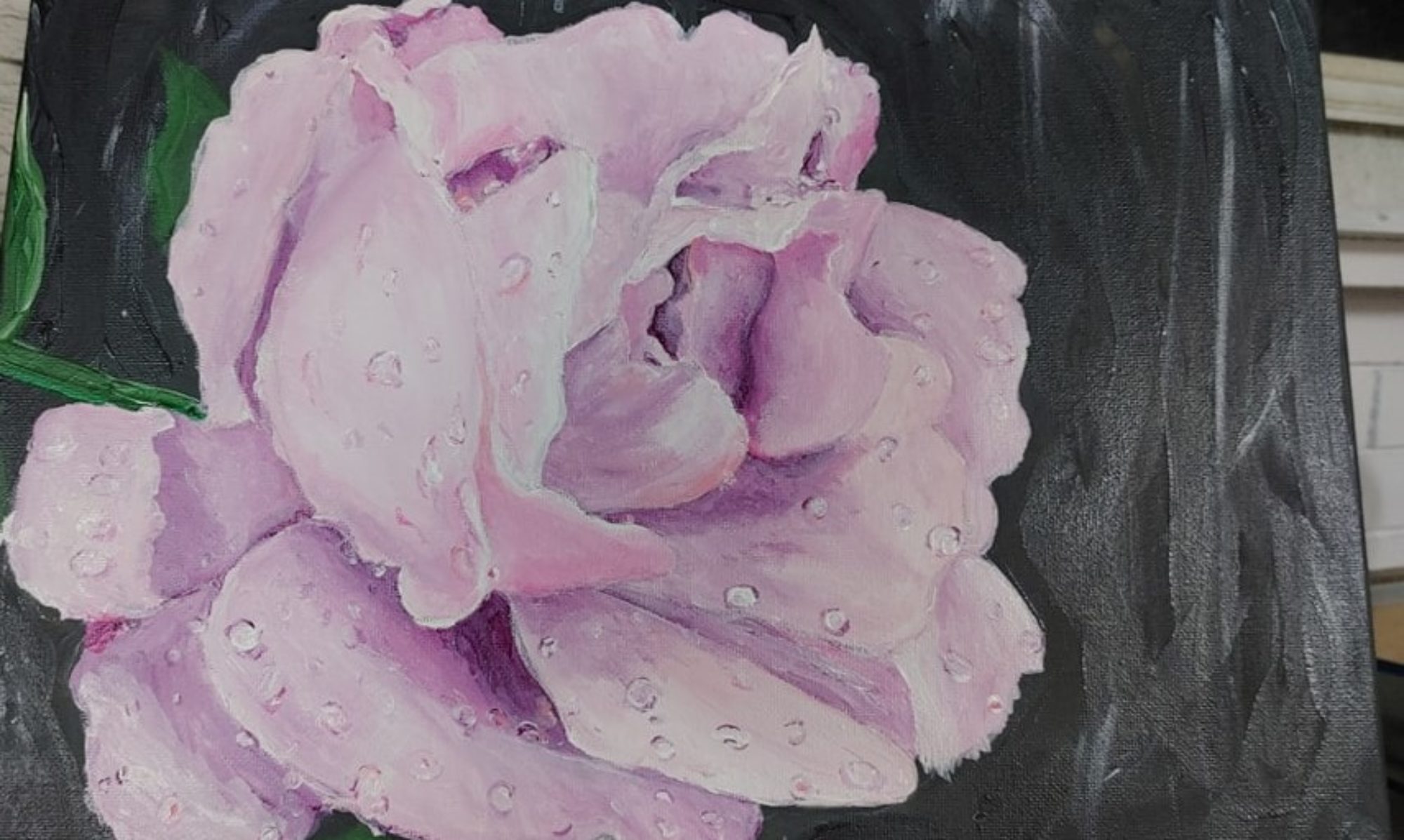After all that’s happened since the pandemic, socialising and maintaining relationships has become more difficult for a lot of us.
It makes sense – with online services from grocery shopping to remote work and so much more – it’s easier than ever to live your life without even leaving your home.
In some ways, this can be a good thing. There’s less waste, you save time and gas, and there’s more accessibility.
Unfortunately, our social lives become non-existent, and we don’t strive to change it.
Today we have less opportunities to mingle with people. We spend more time alone than we ever have in the past, and we have become used to avoiding other people.
(If you have social anxiety and it makes you unable to function in your daily life, please reach out for help.)
Socialising is good for your health.
Anxiety and depression thrive in isolation. Our mental health can decline when we don’t feel a sense of belonging in the world. Wherever you live, the people that surround you are essential to your quality of life.
“If you’ve ever felt like you don’t belong, you know what a lonely experience this can be. It also has great impacts on our mental health. As humans, we’re hardwired to crave connection with the people around us, and our social bonds are vital to a stable community. Strong communities cultivate a sense of belonging and stability. When we work to empower each other, it creates a positive domino effect. Where do you think the attitudes of society come from? They don’t fall out of thin air. Our attitudes and beliefs are strongly influenced by the ideas that surround us. If we want to make an impact on society, we must be an active participant in it.”
Dr Mesina
It isn’t sustainable to go through this life alone.
Our social lives maintain our health and emotional well-being. Maintaining a healthy social life is linked to better memory, cognitive function, self-esteem, and even physical health.
So how do you socialise with poor mental health?
If you battle with isolation, you can find ways to innovate your social experiences to make them more manageable. A few ways to engage with other people without damaging your health might look like:
- Meeting with people in places that don’t feel too overwhelming to you
- One on one activities with people who make you feel safe
- Digital dates with friends
- Going for a walk or any solo activity in a public place
- Go to a social group with a similar interest, so you know you will have something to talk about
It’s okay if you don’t have a huge number of social events on your calendar. The very fact that you are out there doing one or two is a win. Find what works for you and go at your own pace.
So if you have been putting off coming to one of the create time art groups, maybe now is the time to get social.
We have an amazing friendly group that come, (but it is still a smaller group under 9 people) and we chat about anything that comes up. You can join the chat or quietly listen and create your artwork.
Everyone benefits differently from coming, because we are all individuals.
Art is genuinely a gift to the world.
It’s what we crave in the human experience.
Art gives meaning to our lives and helps us understand our world. It is an essential part of our culture because it allows us to have a deeper understanding of our emotions; it increases our self-awareness, and also allows us to be open to new ideas and experiences.
Art therefore continues to open our minds and our hearts and shows us what could be possible in our world.
So to create it in a semi-social setting, imagine the mental health benefits!

